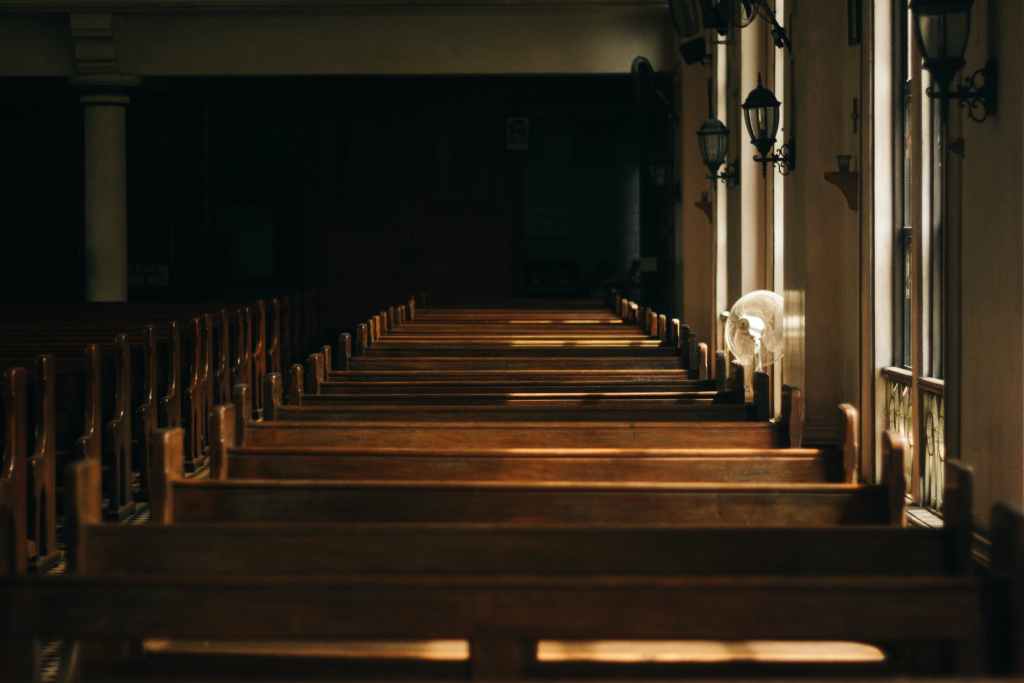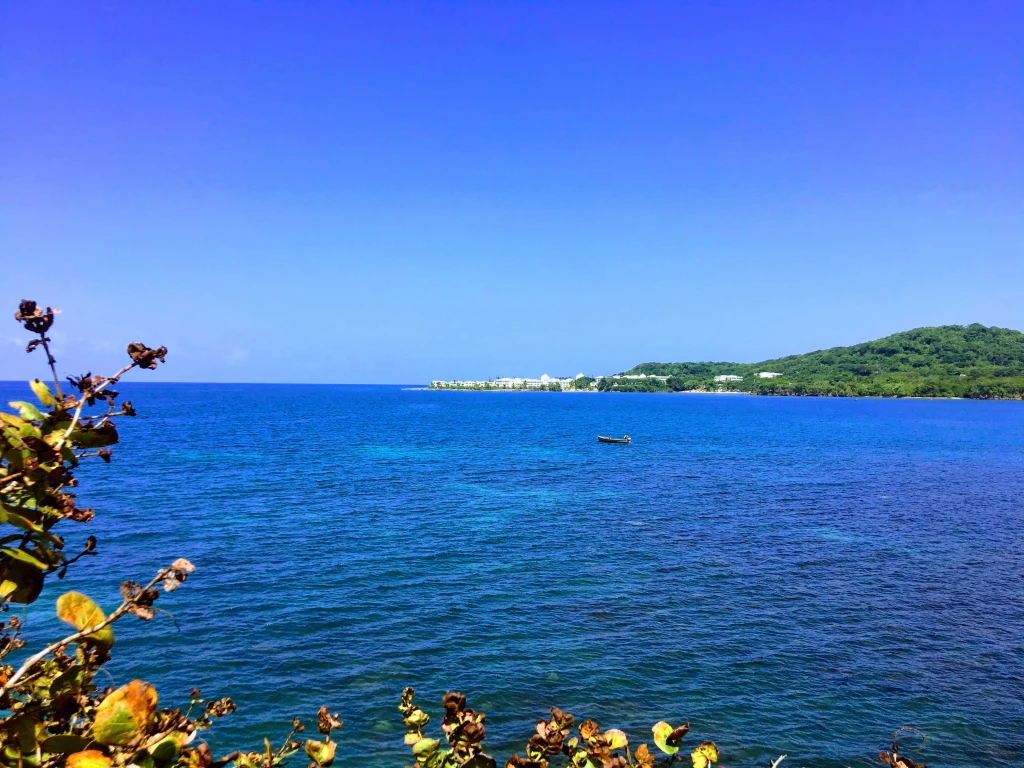I believe that healthcare is a human right. No one should have to suffer from a treatable disease because they cannot afford to access treatment, and no one should end up in debt after surviving illness. Jamaica is one of the few countries in the world that offers universal healthcare: Jamaican citizens pay no user fees when they access healthcare in public facilities. We also have the advantage of an extensive primary care network of health centres (clinics) that can be easily accessed by most communities.
There are many people for whom this type of healthcare is the only option. And there are many people for whom this type of healthcare is a last, last resort. Because I spend most of my time working closely with the former group, the disdain of the latter group always takes me by surprise.
I enjoy my work. I and humbled and gratified to watch people come into clinic worried or in pain and leave feeling calm and pain-free. I am delighted to complete an application form to the National Health Fund (NHF) so that my patients with chronic illnesses can access much-needed medication for a fraction of the cost. I am happy to sit and listen to the hard stories of their life, knowing they don’t often get the kindness of a friendly ear. I am excited to teach them about nutrition and how their medications work – even better when they actually heed my advice.
But there is still so much more that can be done, and that is why Jamaicans who can afford to will always choose private healthcare.
After I see a three-year old with an ear infection and write a prescription for antibiotics, the nearest public pharmacy is too far away for the parent to consider making the trip. In Hanover where I work, there is only one public pharmacy in the capital town of Lucea. Not to mention, the NHF only covers drugs for chronic conditions like diabetes, hypertension and asthma. Antibiotics and painkillers, which cost thousands of dollars, are not included. Private health insurance is not a feasible option for most of my patients either. If it was, I’m certain they wouldn’t be lining up in the clinic.
Another issue is the wait time. It’s a running joke, a widely known fact and a painful embarrassment that the waiting time in public health facilities is really, really long. Visiting the health centre for a routine visit can take hours, if not all day. Getting an appointment at the specialist clinic in our nearest tertiary hospital takes months. Waiting on an elective operation like a hernia repair can take years. Then after waiting for so long to have their concern dealt with, patients often encounter burnt out and unsympathetic health care providers who are tired and stressed from seeing too many patients with too few resources.
When it comes to diagnosing diseases the wait time gets even more sinister. Waiting for a Pap smear result in the public system takes anywhere from three to nine months, if it ever comes back at all. Privately? That takes two weeks. Screening mammograms (recommended annually) aren’t offered in the public system in Western Jamaica any at all. Biopsies (for example, when we’re suspecting cancer) in the public system have to be expedited by paying for them, otherwise the result could take months to return.

Contrast the crowded, hot waiting area of a public health centre with the air-conditioned insularity of a private office. A doctor or nurse who smiles with you instead of frowning at the added workload at the end of an already long day. The appeal of private healthcare goes beyond shorter wait times to the perception that having to pay for something automatically means it is higher in quality. But that’s a discussion for another day.
Today I only want to wonder what public healthcare would look like if it received the lion’s share of resources. What if we had enough space in our waiting areas so that people didn’t have to sit outside? What if we had enough staff so that essential tasks didn’t have to be neglected? What if we had enough vital, essential and necessary drugs so that people didn’t have to choose between buying food and buying their medication? What if we injected resources into preventative services (health education, screening programmes, behaviour change) so that we could ease the burden on our hospitals? What if our policies ensured that staff could take proper vacation leave (not this minuscule two weeks a year that most people save up to take two months at once)? What if we had enough money to pay people so they wouldn’t need to add second and third jobs to try and make ends meet, further contributing to their burnout?
What if there was no one who benefits from an arrangement that strips the powerless and poor of their dignity while literally condemning them to die?
Universal healthcare implies some kind of equity, but there are too many gaps in our system that people can fall through. The burden of filling these cracks is carried by people who are already struggling under a system that does harm to their well-being. Perhaps when we emerge from this public health crisis, the government will finally recognize the undervalued role of public health and primary care and make meaningful efforts to improve the quality of health we offer our people.
____________________________________________________________
If you’re interested in more readings like this, check out my post on The Case for Primary Healthcare. For a more poetic take on this rural doc life, you can read Why Hanover.









